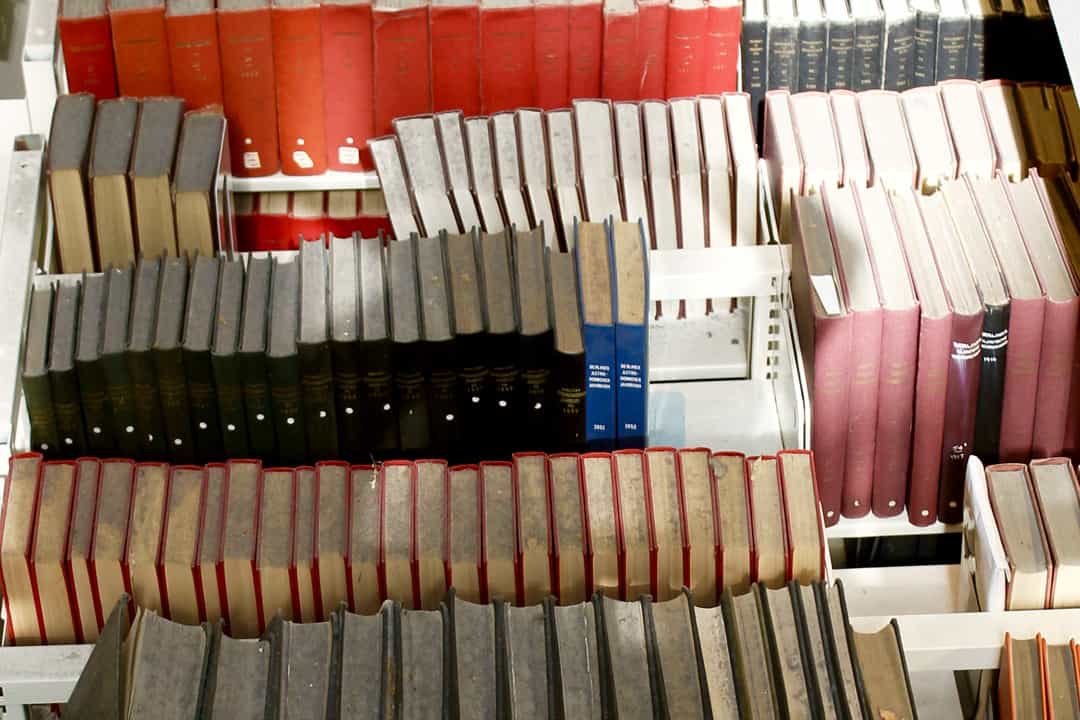A new course titled CLAC02 — Indigeneity and the Classics became available at UTSC this fall. The course is taught by Katherine Blouin, an associate professor at the UTSC Department of Historical and Cultural Studies.
In an interview with The Varsity, Blouin shared her inspiration for the course and why it is important to highlight Indigenous voices in classics. She explained that, prior to this course, she had no experience teaching Indigenous-centric courses. “I’m an environmental historian; I work on Egypt. I’m interested in questions… that deal with intersections between imperialism, colonialism, and antiquity disciplines,” she said
The course has been adapted from a graduate seminar that Blouin gave last year at the Department of Classics. She shared that the seminar was “the most powerful pedagogical experience” she has ever had, and that “it was a very transformative and unsettling kind of journey” for students as well.
Blouin added that she was prompted to “realize the depth of [her] ignorance as a settler” following a workshop at the Jackman Humanities Institute led by Neil ten Kortenaar, Suzanne Akbari, and Lee Maracle. The workshop was organized in the style of a talking circle “whereby people are literally seated in a circle, and everyone in the central circle talks one after the other.”
After attending this workshop, Blouin claimed she “started a personal journey but also a journey of learning and unlearning” that transformed the manner in which she does research. “It’s like a… pebble in the water… it has far-reaching ripples.”
“I realized that not much had been done in white settler colonies, including in North America, about the relationship between the discipline of classics and white settler colonialism.” Blouin highlighted the inherent distinction maintained between the disciplines of classics and Indigenous studies, and the preservation of the ties between the West and the Greeks and Romans that “foster [a] sense of cultural superiority.”
Now, Blouin incorporates aspects of the CLAC02 syllabus in all her courses within the field of classical studies and history, regardless of whether the subject matter pertains specifically to Indigenous studies. From her own experience, Blouin claimed that pursuing a degree in classics may inform a student about the ancient history of Greece, but “you still know nothing about the ancient history of the place you’re from: Canada.”
Blouin explained that she hopes this course will be a starting point for “constructive discomfort” that enables students to “carry themselves into the world… in a way that is more mindful of their position on Turtle Island and especially on whose land they’re on and how they can limit the harm that they’re doing.”
Blouin also shared her hopes of creating a unique code for this course, as it currently is being taught under the umbrella course code of “Selected Topics and Classical Studies.”
Though, she does not know whether this course will elicit an increase in Indigenous-centric courses at UTSC, Blouin said, “I’ve decided to explore these questions because I think they are very important and… my role as a teacher is to channel knowledge and if there’s a situation where I’m the only one who can do it, then I’ll do it.”


